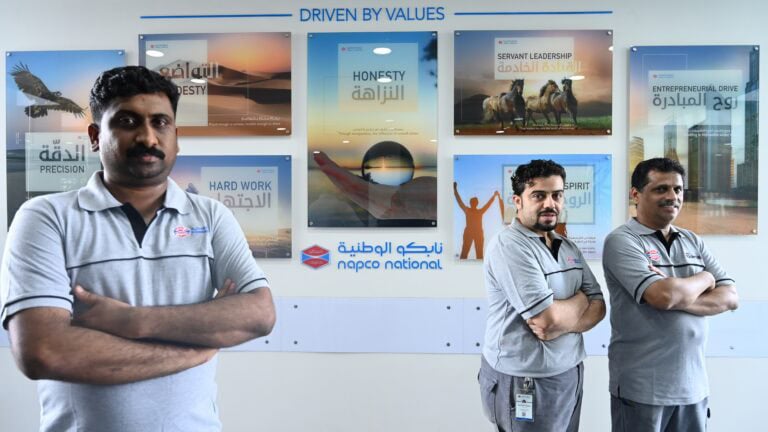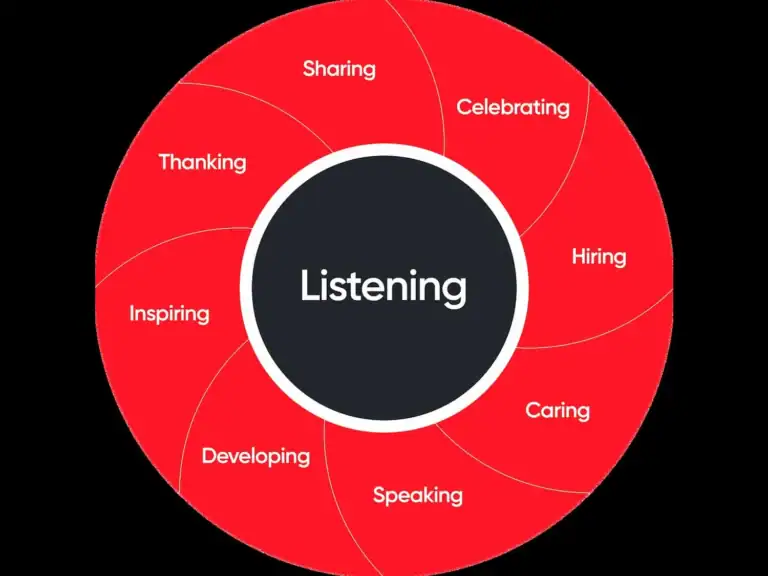Quiet Quitting … or Career Correction?


Lamees El Zeghaty
One of the hottest trends up for discussion in HR right now is the idea of “quiet quitting.” The topic went viral on TikTok, in which the original video posted July 25 presents the now-ubiquitous term. Since then, TikTok videos with #quietquitting collectively have garnered millions of views daily.
But don’t mistake the quiet quitting trend for the millions of workers who’ve actually left or switched jobs during the pandemic and amid the Great Resignation. Dig a bit deeper, or just watch the initial video, and you’ll learn quiet quitting is a misnomer.
Participants in the trend aren’t necessarily quitting their jobs outright. Instead, they’ve decided to quit making work the center of their lives, going above and beyond constantly, and measuring their self-worth mainly by their output and productivity at work.
Maybe what we’re actually witnessing here is a series of “career corrections.”
Want to create a diverse, equitable, and inclusive workplace.
Build an inclusive workplace that will unlock better team collaboration, improved innovation and increased financial performance with Emprising™ by Great Place to Work®.
What’s a career correction?
When it comes to work, maybe we’re starting to see a decrease in hustle culture, where we’re no longer quick to praise or encourage employees who work countless extra nights and weekends for no extra pay or even added recognition. Don’t get me wrong: Hard work often begets success, and it can help land a desired job, earn a promotion, and establish a career. But it shouldn’t come at an unsustainable price.
Well past discretionary effort, constant hustling can lead to several negative outcomes — even from people who love their jobs — such as increased burnout, which takes a toll on employees’ physical, psychological, and occupational health and well-being.
That said, I recognize quiet quitting itself comes from a place of privilege. There are millions of workers across the Middle East — most who’ve remained on the frontlines throughout the pandemic, while millions have worked remotely or adopted a hybrid-work approach — who must work multiple jobs and/or more than 40 hours a week to meet their financial needs, especially in a time when inflation remains at record numbers.
Moreover, a 2022 market survey from Great Place To Work of nearly 4,200 part- and full-time employees found that fewer than half of hourly workers find fair pay, promotion opportunities, or purpose at work. Salaried employees also report less stress and more meaning in their roles than their hourly colleagues.
And, studies show that salaried employees are more likely to take — or even receive — paid time off than hourly employees. Time off can help prevent burnout, though many hourly workers cannot afford to take the necessary time.
Second thoughts or necessary change?
The Workforce Institute led an insightful study earlier this year — “Resign, Resigned, or Re-Sign?” — on people who quit their jobs during the pandemic and whether they regretted the decision. According to our results, 43% (more than 15 million people) did regret it, and nearly 20% have already since boomeranged back to their prior employers. We also looked at the disconnect among employees and their managers as to why people quit, what would’ve made them stay, and other deciding factors.
It will be interesting to see if people end up having second thoughts about quiet quitting. I predict most employees won’t, at least at first — and most managers will. Workers will likely feel a long-elusive sense of balance as they career correct, while leaders will worry that employee productivity could decline, customers could feel the brunt, and business results could wane. Some companies may even resort to terminations, if they find employees who’ve fallen into “bear career” territory.
But, what if there’s a better solution?
The time is ripe for companywide “culture corrections,” where workers don’t feel pressured or required to work 60-80 hours a week, six or seven days a week at a 40-hour pay rate. Companies, instead, should focus on building cultures where employees feel safe talking to their managers when there’s a problem or they feel overworked.
If a worker starts to retreat, their manager should conduct a stay interview to see what’s on their mind. If it’s still not clicking, they can explore a better-suited role within the organization that will move the business forward while reigniting the employee’s interests, so they don’t resort to quitting — quietly or otherwise — and can continue to thrive in their career.
Perhaps then, the quiet quitting trend will be replaced by reenergized retention, where employees feel a renewed sense of passion and pride in their work, and even their companies. After all, when workers feel cared for, valued, and respected, they might willingly put in some extra effort, better serve customers and help improve overall business.
That’s a welcomed correction that will yield positive returns for everyone.
Get Insights In Your Inbox
Access the latest news, research, and best practices to inspire your great workplace journey.

HR Trends in the Middle East 2026
What did 2025 teach us about people management, and what is on the outlook for 2026? From the disruptive forces of AI and skills-based hiring

What Makes Napco a Great Place To Work®? It Starts with Family Spirit and Ends with Impact
What Makes Napco a Great Place To Work®? It Starts with Family Spirit and Ends with Impact About Napco National Napco National has been part of the Saudi industrial landscape since 1956,

9 High-Trust Leadership Behaviors That Build Great Workplaces
Caring, Celebrating, Developing, Employee Experience, Hiring, High-trust leadership, Inspiring, Leadership & Management, Listening, Managerial Communication, Sharing, Speaking, Thanking Every employee should take these behaviors to heart whether or not they are people leaders. I often get asked

The Evolution of Workplace Culture: Why It Matters More Than Ever in 2025
One universal workplace experience is the emotional imprint left by an organization—its energy, trust, and sense of belonging. Although experts may agree on what constitutes

How Purunity Embeds Goodness into Work and Culture
People go where there is pride in the work they do. At Purunity, this sense of pride stems from our core mission: driving innovative and

Powerful Strategies to Cultivate DEI in Omani Workplaces
DEI is not only a buzzword! Developing a diverse, equitable, and inclusive work environment shows that leaders care about their employees, appreciate, and respect their
